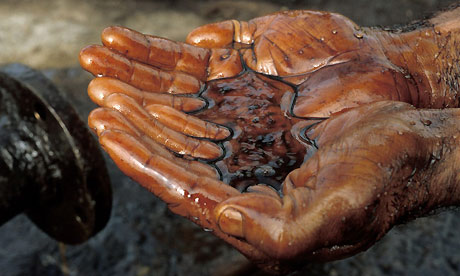Conservation of minerals:
Minerals are very precious and very supportive for
human lives. Iron, copper, coal, petroleum and other minerals have a thousand
and one uses. The loss of even one of these non-renewable resources would affect our life
considerably. Careful mining helps us to conserve coal, iron and oil-deposits.
1. Prohibiting wastage of resources:
2. Use of substitutes:
Eg: #
Thailand is using boigas for taxi
service instead of using petrol or diesel
3. Recycling resources:
4. Repair and use:
1. Prohibiting wastage of resources:
2. Use of substitutes:
Eg: # Thailand is using boigas for taxi service instead of using petrol or diesel
3. Recycling resources:
4. Repair and use:


_08.jpg)




.jpg)



.jpg)
.jpg)












